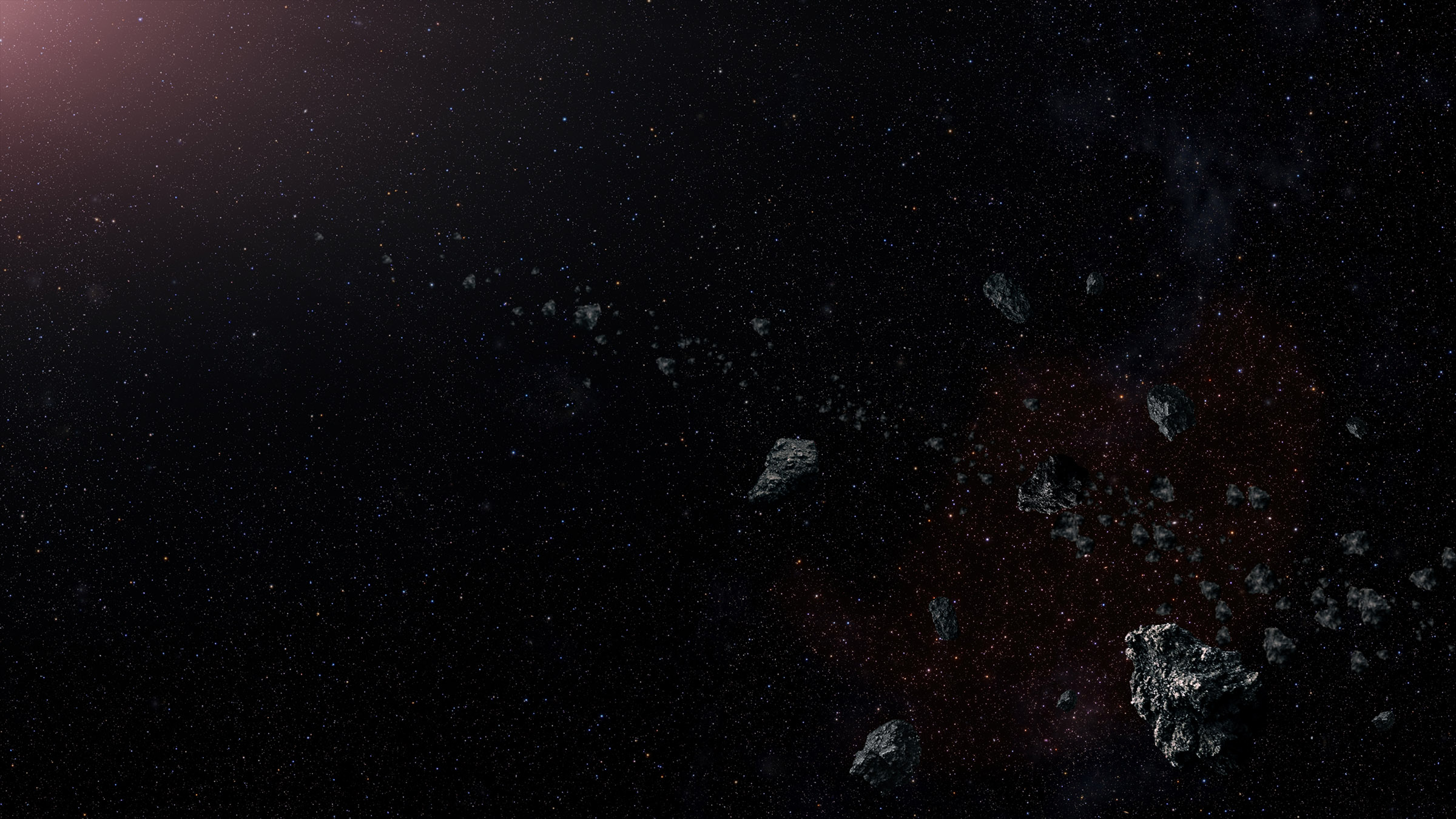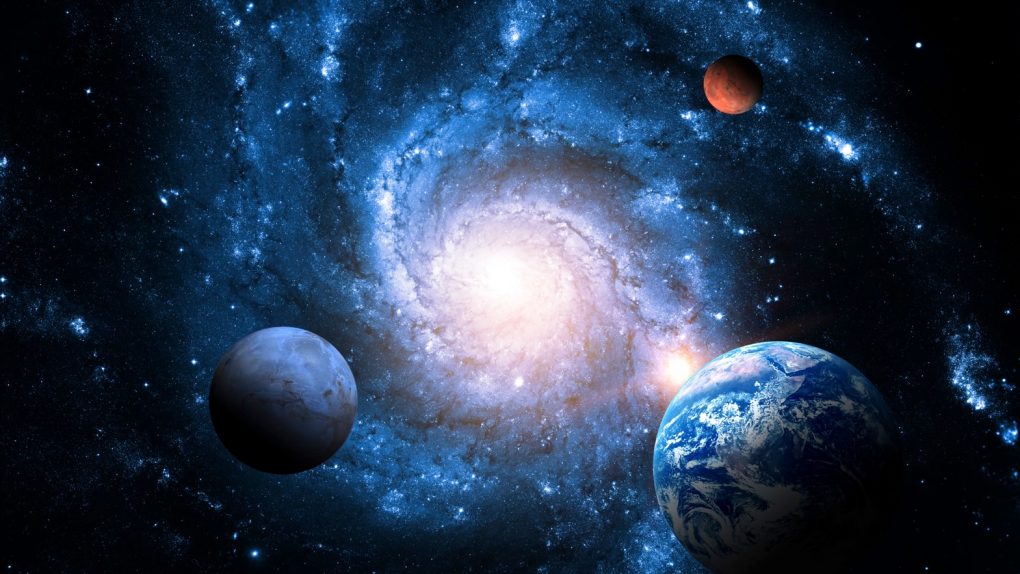New research published in the Monthly Notices of the Royal Astronomical Society has given us a glimpse at the remnants of the oldest known solar system we’ve ever discovered. According to the researchers, there is now evidence that this solar system once existed just 90 light-years away from Earth.
The research is built around the discovery of an ancient dead star, which is believed to have been born around 10.7 billion years ago (just 3 billion years after the Big Bang formed the universe). The corpse, now known as WDJ2147-4035 is one of two white dwarf stars believed to have inhabited the oldest known solar system we have discovered thus far.
The discovery was made while analyzing data from the European Space Agency’s Gaia galaxy-mapping mission. These aren’t the first white dwarfs found to be accreting rubble, either. But they are the oldest and could provide new insights into how planets formed when the universe was much younger. And because the oldest known solar system is so close to Earth, it may be much easier to study.

The star at the center of this system was much more massive than our Sun, the researchers write in their study. But it wasn’t massive enough to explode in a supernova when its life ended. Instead, it simply ran out of hydrogen and swelled up to become a red giant. From there, the outer layers were released to expose the core, turning it into a white dwarf.
Surrounding this white dwarf are tons of space and planetary debris, which the astronomers believe makes this the oldest known solar system we have discovered yet. And, because it was part of the early universe, it could provide some intriguing data for scientists to look through, especially if we turn the James Webb space telescope towards it.








